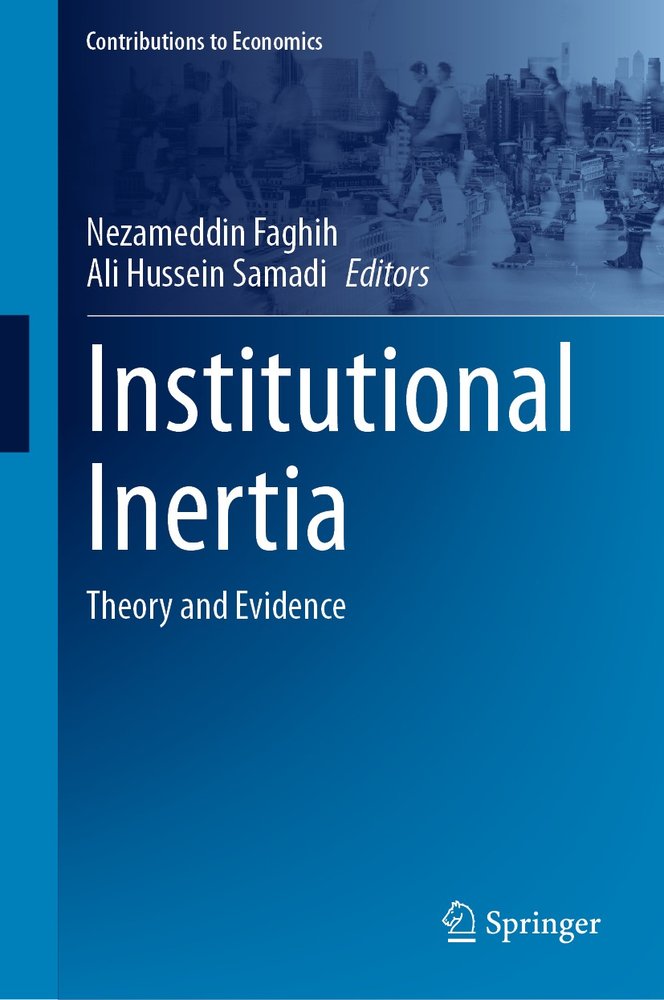This edited volume explores the concept of institutional inertia and its relationship to economic growth and development. Including insights from experts across disciplines, chapters identify the types, causes and effects-both positive and negative-of institutional inertia. By questioning the types of institutional inertia that improve economic performance and impact the effectiveness of the state, as well as studying their role in the dynamics of institutional change, the volume attempts to trace and understand the different evolutionary paths of societies. Bridging important research gaps, this volume will be of use to students, researchers, and practitioners of institutional and evolutionary economics, development economics, management, and organizational theory.


